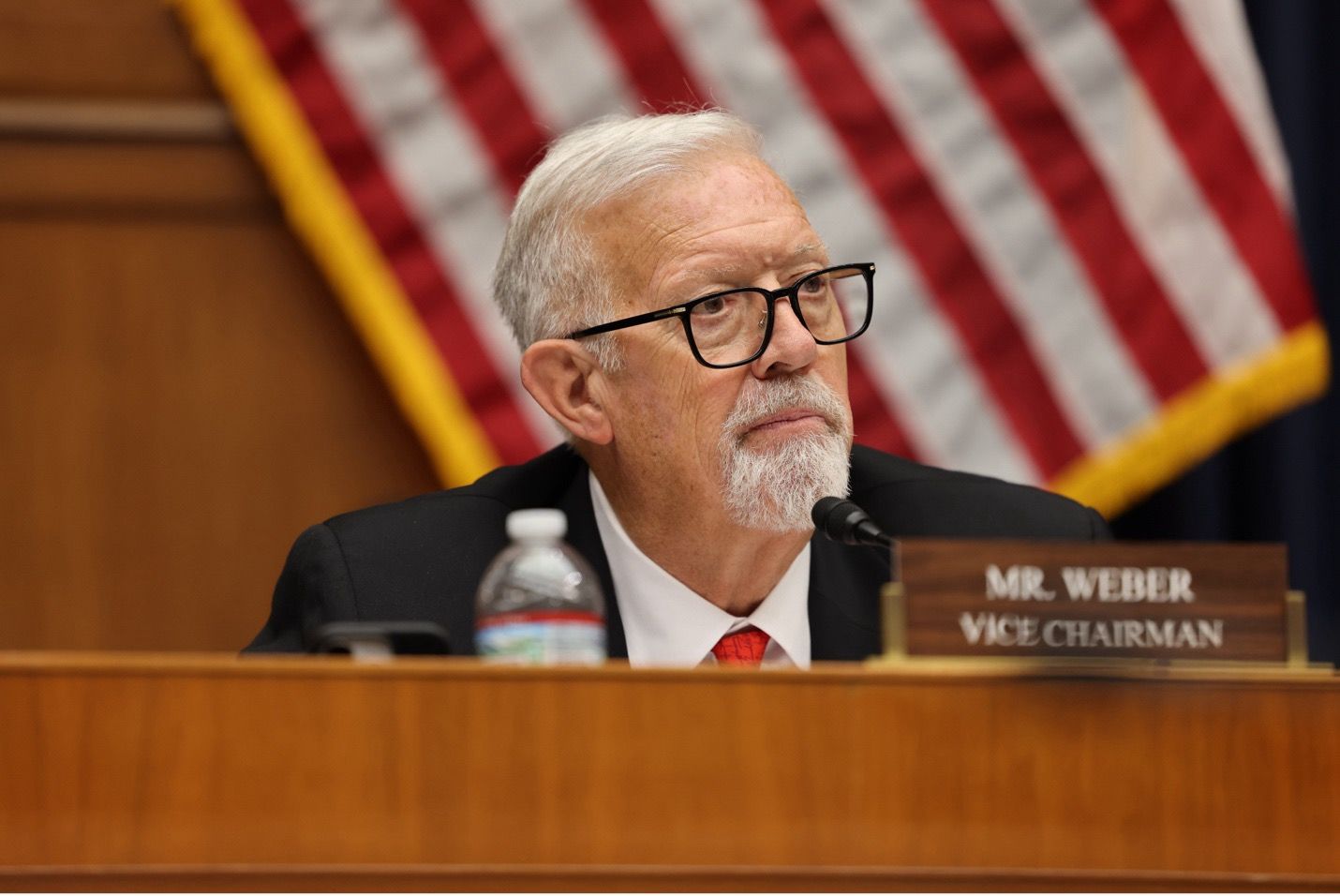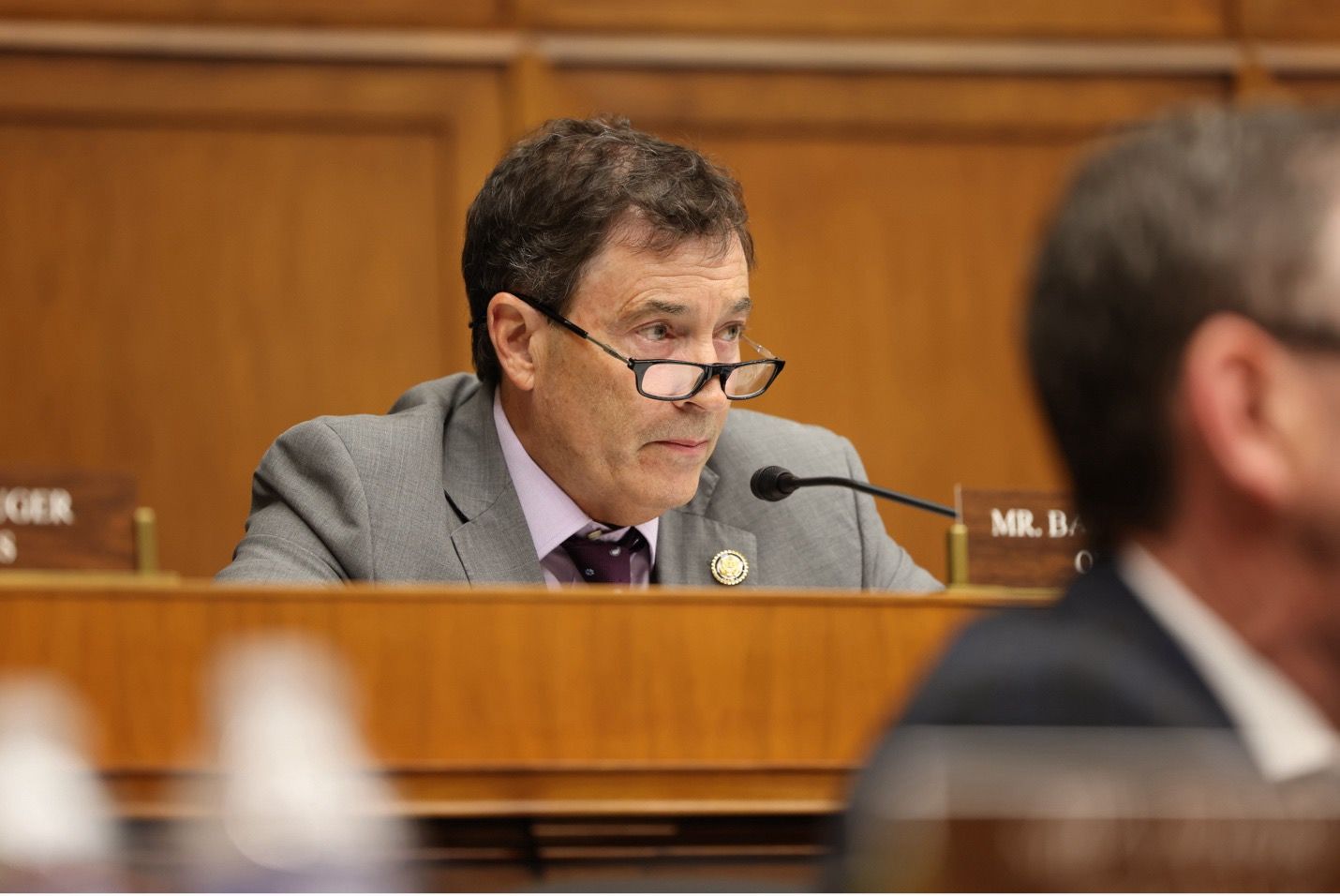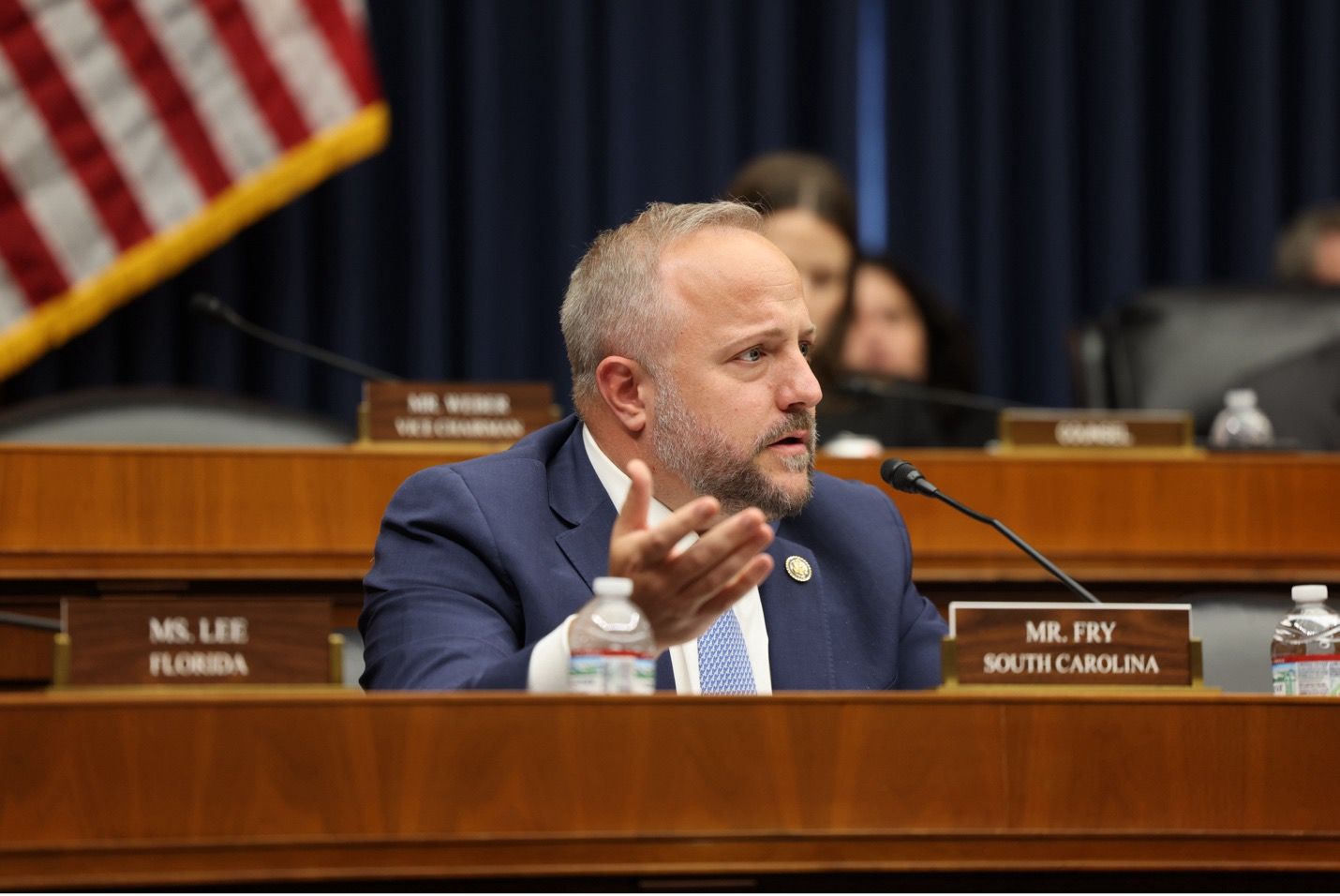Energy Subcommittee Holds Hearing on Affordability, Choice, and Security in Appliance and Building Policies
WASHINGTON, D.C. – Yesterday, Congressman Bob Latta (OH-05), Chairman of the Subcommittee on Energy, led a hearing titled Building the American Dream: Examining Affordability, Choice, and Security in Appliance and Buildings Policies.
“Over the last decade, it has become apparent that the statutory process for energy efficiency standards is broken. We must reform the process to restore consumer choice, appliance affordability, and true energy savings as the foundation of DOE’s Appliance and Equipment Standards Program,” said Chairman Latta. “Everyone here supports true energy efficiency and the benefits it yields to our constituents. However, over the last several years, the focus has clearly strayed from enhancing efficiencies and realizing cost savings. This misdirection has gone well beyond DOE’s energy conservation standards—we have also seen a misalignment of priorities in building codes, performance standards, and state local restrictions on the use of fossil fuels.”
Watch the full hearing here.
Below are key excerpts from yesterday’s hearing:
 Congressman Randy Weber (TX-14): “There’s no reason why the Department of Energy, or anybody else, should be mandating that Texans have to have a certain efficiency. No two homes are alike. No two homeowners are alike, and we all know our own individualized circumstances and preferences better than any one size fits all regulatory process. And so, with the furnace rule that will take effect in 2028, there are a lot of homes that won’t get the furnace that makes the most sense for them.”
Congressman Randy Weber (TX-14): “There’s no reason why the Department of Energy, or anybody else, should be mandating that Texans have to have a certain efficiency. No two homes are alike. No two homeowners are alike, and we all know our own individualized circumstances and preferences better than any one size fits all regulatory process. And so, with the furnace rule that will take effect in 2028, there are a lot of homes that won’t get the furnace that makes the most sense for them.”
 Congressman Troy Balderson (OH-12): “How do decisions by local officials to phase out natural gas use, which may seem like local, isolated decisions, negatively impact consumers and consumers in other regions or other states?” Mr. Steffes: “Thank you, Congressman. This is a straightforward question of supply and demand. For the customers that I serve, a lot of their needs are heating. Natural gas heating, hot water heating, cooking. If you mandate in our communities that no more natural gas will be used, then those customers are going to find another way to provide heating. They’re not going to go without heat. They will use electric heat that will add additional demand to the electricity market. While it’s very difficult to add supply, additional demand without supply increases prices.”
Congressman Troy Balderson (OH-12): “How do decisions by local officials to phase out natural gas use, which may seem like local, isolated decisions, negatively impact consumers and consumers in other regions or other states?” Mr. Steffes: “Thank you, Congressman. This is a straightforward question of supply and demand. For the customers that I serve, a lot of their needs are heating. Natural gas heating, hot water heating, cooking. If you mandate in our communities that no more natural gas will be used, then those customers are going to find another way to provide heating. They’re not going to go without heat. They will use electric heat that will add additional demand to the electricity market. While it’s very difficult to add supply, additional demand without supply increases prices.”
 Congressman Russell Fry (SC-07): “Instead of empowering families, the federal government has been telling the people how long that their dishwashers can operate and what kind of stove they can buy, and even how much water that the showerhead could use. And so, my bill—the Saving Homeowners from Overregulation with Exceptional Rinsing (SHOWER) Act— restores some of that common sense. Let’s get back to it. And it’s a core. It’s about protecting families from bureaucratic overreach. We see this time and time again where the ivory tower of Washington, D.C. comes in their infinite wisdom and tells the rest of everybody how to live. Mr. Lieberman, can you describe the whiplash regulations between the last few administrations as they relate to showerhead water flow?” Mr. Lieberman: “Well, actually, the showerhead saga has been going on since 1992. There was the energy policy act of 1992, which originally had these showerhead provisions. Some people don’t like the lower flow. I think it’s quite frankly, a very silly regulation. If the shower is hitting you with too much water, you turn the knob down.”
Congressman Russell Fry (SC-07): “Instead of empowering families, the federal government has been telling the people how long that their dishwashers can operate and what kind of stove they can buy, and even how much water that the showerhead could use. And so, my bill—the Saving Homeowners from Overregulation with Exceptional Rinsing (SHOWER) Act— restores some of that common sense. Let’s get back to it. And it’s a core. It’s about protecting families from bureaucratic overreach. We see this time and time again where the ivory tower of Washington, D.C. comes in their infinite wisdom and tells the rest of everybody how to live. Mr. Lieberman, can you describe the whiplash regulations between the last few administrations as they relate to showerhead water flow?” Mr. Lieberman: “Well, actually, the showerhead saga has been going on since 1992. There was the energy policy act of 1992, which originally had these showerhead provisions. Some people don’t like the lower flow. I think it’s quite frankly, a very silly regulation. If the shower is hitting you with too much water, you turn the knob down.”